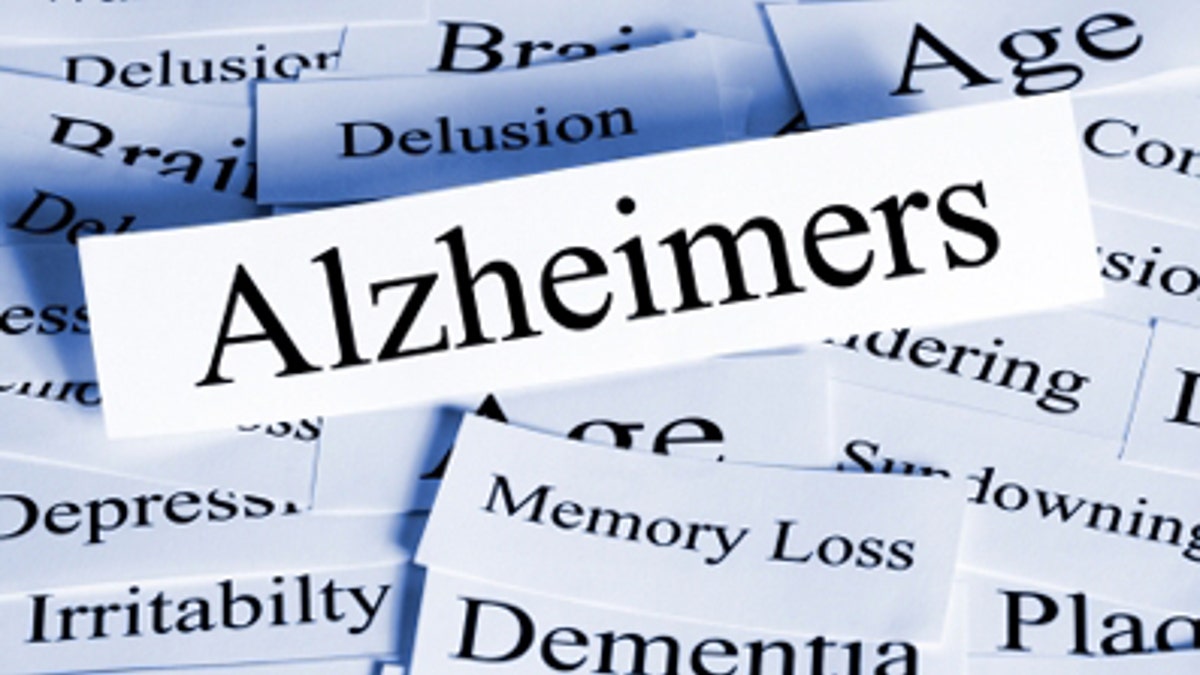
A conceptual look at Alzheimers disease, and some of the problems it brings. (iStock)
A new study by researchers at the University of Barcelona in Spain has found that many people who develop Alzheimer’s disease before the age of 60 are initially misdiagnosed because they don’t have memory problems.
Alzheimer’s is a progressive brain disease that slowly causes problems with memory, thinking skills and behavior. Symptoms usually develop at a slow pace and get worse over time.
Dr. Stephen Rao, who did not take part in the study, works with Alzheimer’s patients at the Cleveland Clinic in Ohio.
“The initial symptoms may actually not be memory problems, but they can be difficulties with personality change or they can be in other cognitive domains, such as language, visual or spatial processes,” Rao said.
For the study, researchers analyzed the cases of 40 people who developed Alzheimer’s, and results showed that one-third of people confirmed with early-onset Alzheimer’s showed symptoms other than memory problems.
These symptoms included vision or language problems or the ability to carry out tasks. As a result the researchers said that more than half of these patients – who exhibited other symptoms – ended up being incorrectly diagnosed on their initial visit with a doctor.
There’s approximately 5.4 million Americans living with Alzheimer’s, and out those patients, only about 5 percent have early onset Alzheimer’s, which develops before the age of 65.
“Diagnosing Alzheimer’s disease can be very challenging and that’s one of the reasons why much of research today is looking for various biomarkers to diagnose the disease prior to the current gold standard, which is the autopsy,” Rao concluded.
Complete findings of the study are published in the journal Neurology.
